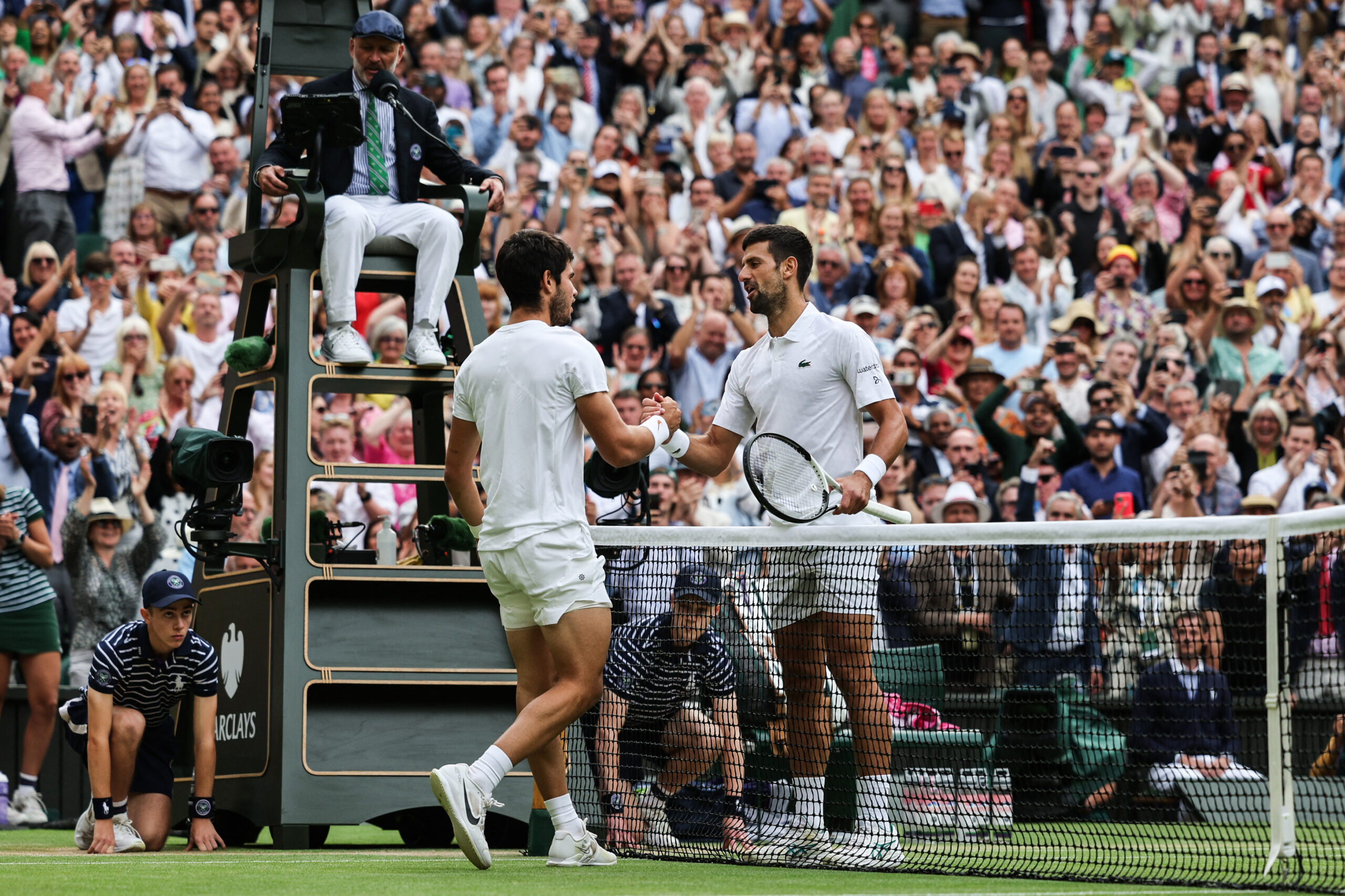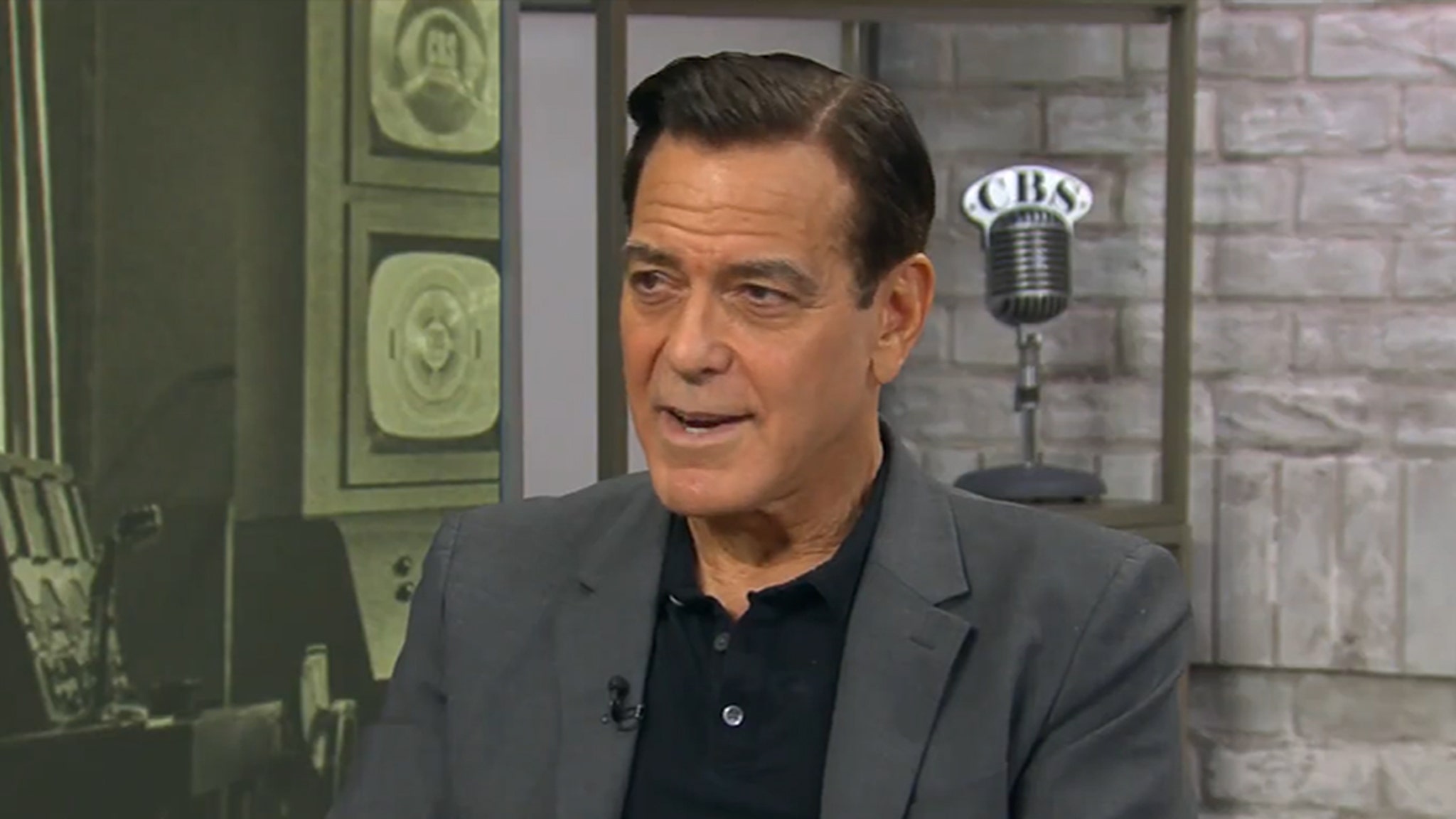What is left for Bayer Leverkusen to achieve? When sporting director Simon Rolfes was asked this question on a recent visit to the Bundesliga champions, his answer was surprising. He spoke not of more glory, but of the development of the academy.
“We only have two players from the academy in our team at the moment,” Rolfes said. Sky SportsOne of them is Florian Wirtz, who spent most of his development at FC Köln. The other is back-up goalkeeper Niklas Lomb, who is now 31 years old.
“To stay at our current level, but with five, six, seven, eight or nine players from the academy, would be fantastic,” says Rolfes. “I think it would give this club another boost in terms of development and our identity. It’s a long-term project.”
He added: “We are making big steps with a lot of national team players in the academy. Five years ago, there were maybe two or three, now it’s about 20. We are improving but we have to prove that we are able to develop them. It’s still a big challenge.”
Speaking to chief executive Fernando Caro, he echoed much the same sentiment and underlined the fact that this is not a flight of Rolfes’ fantasy but rather something that is central to Leverkusen’s thinking as they look to build on their stunning title win.
“A very important and crucial thing for us is to strengthen our academy,” says Caro. “We have to be more successful in getting academy players into the first team. But of course that is always going to be more and more difficult because of the high level of our first team.”
So, how does Leverkusen do it? The man tasked with making the changes his boss demands is Jephta Bresser, the academy director. The affable Dutchman is not worried. “I can deal with the pressure,” he says Sky Sports“If not, then I’m not the right guy.”
Bresser only arrived at Leverkusen in October, by which time the first team was already performing brilliantly. We’re talking after watching the under-19 team come from behind to win 4-3. “I don’t know what’s wrong with this club,” he jokes.
But a fresh look could provide the answers Leverkusen are looking for. Bresser points to research that suggests Germany produces less than one professional per million inhabitants. In Portugal and the Netherlands it’s around five.
“In England the rate is two or three per million. That figure can only mean two things. Either there is no talent in Germany or we are not developing them properly. And I think the reason is probably the latter, because football is also the number one sport in Germany.”
Bresser already has ideas. One obvious change was to improve the selection process. “About 80 percent of our boys aged 12 to 19 were born in the first six months.” This was a worrying bias based on the relative-age effect. They were forgetting the late-developing kids.
Symbolically, Bresser moved the Under-19 head coach to a new role of educating coaches for the 8 to 15 age group. This sent across the message of what was important. “Developing coaches helps develop players. It all starts with quality coaching.”
Bresser’s own background was as a technical coach at Fulham under Martin Jol and then at Zenit St Petersburg under Andre Villas-Boas and Luciano Spalletti. He never forgot the importance of one-on-one work in helping players develop.
“People forget how important individual attention is, even at first-team level. It’s not always about specific drills. It’s about the coach’s attention. That brings confidence, feels good and contributes to performance.”
Another important change planned is to dramatically increase the number of academy players. “I’m looking at the model of Benfica and PSV. I would like to get more kids into the academy at a younger age to create a bigger base and a wider pyramid.”
Bresser’s ambition is to have “more or less double teams” for each age group. Not with the aim of releasing more players but instead with the aim of having more guarantees. “I don’t like to release players too early.” From this season, the Under 11 boys team has found a promise.
“We promise them that they can stay with us in school from fifth grade to tenth grade. So they will not only stay in our schools for a number of years, but also in our football academy. I think that’s a powerful thing. And that’s what we’re going to do.”
This protection helps the players. “They still have that vulnerable period when they start getting Osgood-Schlatter disease and growing pains and so on. But now they won’t be so stressed that they have to leave the club every year. That’s a big deal.”
He also hopes it will encourage coaches to focus on personal development rather than team success. “Coaches need to feel comfortable and they shouldn’t feel pressure to win games. Sometimes we lose games. That’s not a problem.”
Bresser explains: “Our personal approach and the fact that we are committed to children’s development for a longer period of time allows us to have a more holistic approach. We can’t always think about finding the big and strong child in our neighborhood.”
There will still be opportunity to add talented players to the academy as the bigger age groups require more players in each side. “There is always room to bring in new kids. But they have to be in the top five. If they are just like the rest, they are not coming.”
Bresser wants to get the bases right first, but the final step from academy graduation to first-team football is the biggest leap. Caro is exploring options, whether it be a strategic relationship with a club in Belgium, the Netherlands, Austria or elsewhere.
“We don’t have what other clubs have, maybe competitors with multi-club ownership, where there is a second team,” Caro explains. “It’s something we have to look at. At the moment, we are analysing it and we have to discuss strategy.”
Bresser admits the leap from the academy to the Champions League is “too big” for most young players. “In football, we tend to focus on exceptions. Florian Wirtz was ready at 17, but he is the exception. Most guys are ready at 21 or 22.
“To be honest, there has to be some solution. Do we need a second team as mentioned? Do we need a partner club or a subsidiary club? “We have a very talented group born in 2007. That means in a year we need a solution for these boys to take the next step.”
But the message from Leverkusen, who are looking for a brand new training ground before the end of the decade, is that the search for those solutions continues. Finding a way to sustain that success is the next challenge and the academy is one way to do that.
“Maybe it’s a dream, but I definitely want Leverkusen to be one of the top three academies in Germany,” Bresser says. “I want Europe to talk about our academy.” Hard to imagine? The Bundesliga title was also difficult. Dreams can come true in Leverkusen.





1729950256-0/Untitled-design-(20)1729950256-0-600x450.webp)









